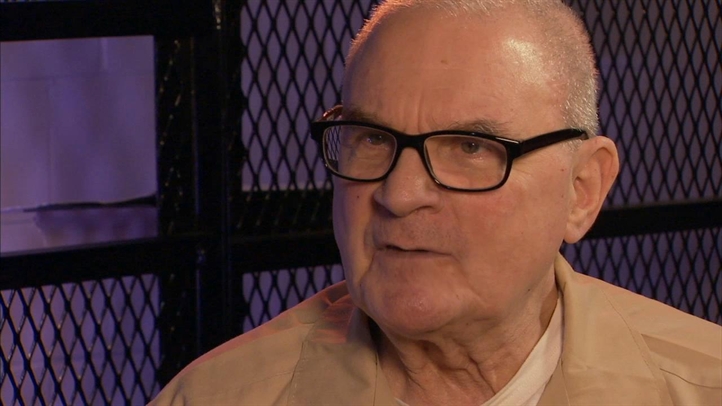Hundreds of people marched over the Market Street Bridge in Center City Wednesday afternoon during a protest for a higher minimum wage of $15 an hour.
The rally was part of the nationwide Fight for $15 campaign to win higher pay and a union for low-wage workers. Demonstrations took place in more than 230 U.S. cities, including Philadelphia.
Philadelphia’s protest was organized by local college students. Organizers said the purpose of the rally was to “connect the struggle for living wages to the fight to make higher education affordable.”
The demonstration began around 6 a.m. when fast food workers walked out of the McDonald's on Broad and Allegheny. Protesters then gathered at Broad and Carpenter in South Philly and the Bell Tower at the Temple University campus around 1:30 p.m.
Two more rallies took place at 3 p.m. at the Municipal Services Building on Broad and Arch streets and at Penn’s campus on 40th and Walnut streets.
The protesters then marched across the Market Street Bridge around 4:30 p.m.
The Fight for $15 campaign began in late 2012 and is being spearheaded by the Service Employees International Union, which represents low-wage workers in areas like home care, child care and building cleaning services. Mary Kay Henry, the SEIU's president, said the push has already helped prompt local governments to consider higher minimum wages, nudged companies to announce pay hikes and made it easier for SEIU members to win better contracts. Those results are inspiring other groups of workers, she said.
Local
Breaking news and the stories that matter to your neighborhood.
"It has defied a sense of hopelessness," she said.
“Even if fast-food workers and others never become union members, winning higher pay for them would benefit the SEIU by helping lift pay for its members,” said Susan Schurman, dean of Rutgers School of Management and Labor Relations. "By raising the wage floor, it really benefits everyone.”
McDonald's said this month it would raise its starting salary to $1 above the local minimum wage, and give workers the ability to accrue paid time off. It marked the company's first national pay policy, and indicates McDonald's wants to take control of its image as an employer. But the move only applies to workers at company-owned stores, which account for about 10 percent of more than 14,300 locations.
McDonald's, Burger King and Wendy's say they don't control the employment decisions at franchised restaurants. The SEIU is working to upend that position and hold McDonald's responsible for labor conditions at franchised restaurants in multiple ways, including lawsuits.
In a statement, McDonald's said it respects the right to "peacefully protest." In the past, it said only about 10 to 15 McDonald's workers out of about 800,000 in the U.S. have participated.



